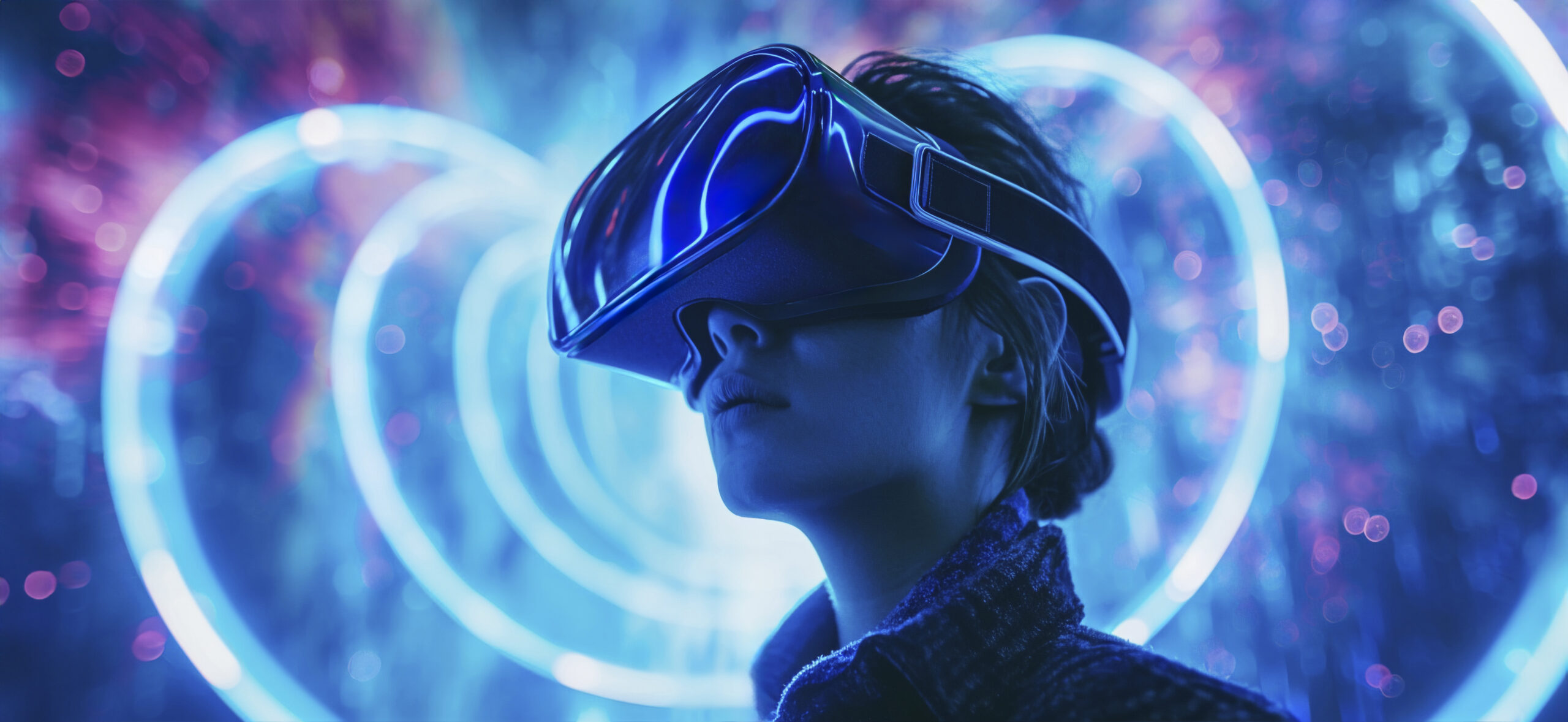Artificial Intelligence and Modern Technology
AI as a Catalyst for Innovation

AI is driving innovation, automation, and efficiency across industries. Some of the most significant advancements include:
- Internet of Things (IoT):
AI processes data from millions of connected devices in real-time, transforming industries such as agriculture, healthcare, and smart cities. For example, smart home sensors can predict energy usage or optimize climate control based on occupants’ habits. - Advanced Robotics:
AI-powered robots are revolutionizing industries from manufacturing to logistics, where precision and efficiency are paramount. In healthcare, social robotics is enabling AI-driven companionship and elderly care assistance. - Natural Language Processing (NLP):
AI-driven chatbots, virtual assistants, and real-time translators are enhancing global communication. These systems not only recognize words but also understand user intent, making interactions more natural and intuitive. - Predictive Analytics & Data Visualization:
AI models help businesses analyze vast datasets, uncovering insights that would otherwise remain hidden. This capability is invaluable for strategic decision-making in sales, marketing, and supply chain management.
Technological Risks Associated with AI
While AI unlocks new possibilities, it also introduces critical risks:
- Security & Reliability Concerns: Poorly designed AI systems can be manipulated, as demonstrated by instances where autonomous vehicles were deceived by altered road signs.
- Uncontrolled Automation: Overreliance on AI can lead to biased or even catastrophic decisions if systems malfunction or are not properly governed.
- AI-Driven Cyberattacks: Malicious actors are using AI to develop sophisticated malware and automate cyberattacks, outpacing traditional defense mechanisms.
AI and Sustainability
AI is also playing a pivotal role in addressing global challenges:
- Circular Economy & Waste Reduction: AI-driven models are identifying opportunities for recycling, reducing waste, and improving sustainable manufacturing processes.
- Environmental Monitoring: AI-powered algorithms can predict and mitigate natural disasters, manage water resources, and optimize energy consumption.
AI and modern technology are inextricably linked. To maximize benefits while mitigating risks, organizations must take a strategic and ethical approach to AI adoption. The future of AI lies in responsible innovation—ensuring security, fairness, and sustainability in an increasingly connected world.
Related Article
-
Data Privacy and Management: Turning Information into Trust and Value
Data Privacy and Management: Turning Information into Trust and Value In today’s digital-first economy, data…
-
Emerging Technologies: The Future is Closer Than You Think
Emerging Technologies: The Future is Closer Than You Think Quantum Computing, Spatial Computing & Edge…
-
Common Cybersecurity Threats & How To Avoid Them
Common Cybersecurity Threats & How To Avoid Them Stay One Step Ahead in a Digital-First…

Ready to elevate your IT?
Contact our team of experts today.